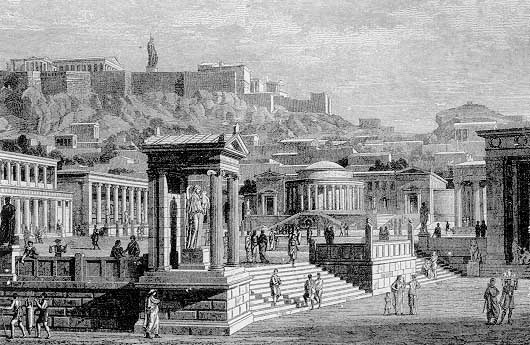El Movimiento de indignados 15-M es un movimiento ciudadano vigente en España el día 15 de mayo de 2011 con la intención de promover una democracia más participativa alejada del práctico bipartidismo PSOE-PP y dominio de bancos y corporaciones, así como la auténtica división de poderes y otras medidas democráticas. Aglutina a parados, mileuristas, amas de casa, inmigrantes y ciudadanos en general con un lema.
Después de habernos informados en clase de lo que es este movimiento y de lo que trata de hacer, pusimos en conclusión algunos argumentos a favor y en contra creados por nosotros.
Argumentos a favor:
1. Si este movimiento acaba bien podra haber una nueva reforma política en España.
2. Luchan por sus ideas y por mejorar la sociedad.
3. Los jóvenes se preocupan de su futuro.
4. Pueden conseguir resultados por su organización.
5. Eliminar los privilegios de la clase política.
6. Son pacíficos.
7. Afrotar viejos problemas.
8. Proponer soluciones a la crisis.
9. Envian el personalismo en favor de las ideas.
10. Mejor uso del gasto público.
Argumentos en contra:
- Piden muchas cosas pero pueden no conseguir nada por no centrarse en ninguna.
- No hay un líder.
- No explican sus alternativas.
- Impacto visual en las ciudades.
- Comercios cercanos perjudiciados.
- Facilitan las cosas a vendedores ilegales, carteristas...
- No tienen las ideas claras.
- Están aburridos y por eso actúan así.
Con motivo a este movimiento el maestro nos mando como trabajo voluntario el exponer estos argumentos en la pizarra por parejas, algunas parejas salieron aunque a algunas personas especialmente les constaron mucho trabajo expresar su desacuerdo o acuerdo con este movimiento ya que en algunos casos no era su opinión.















